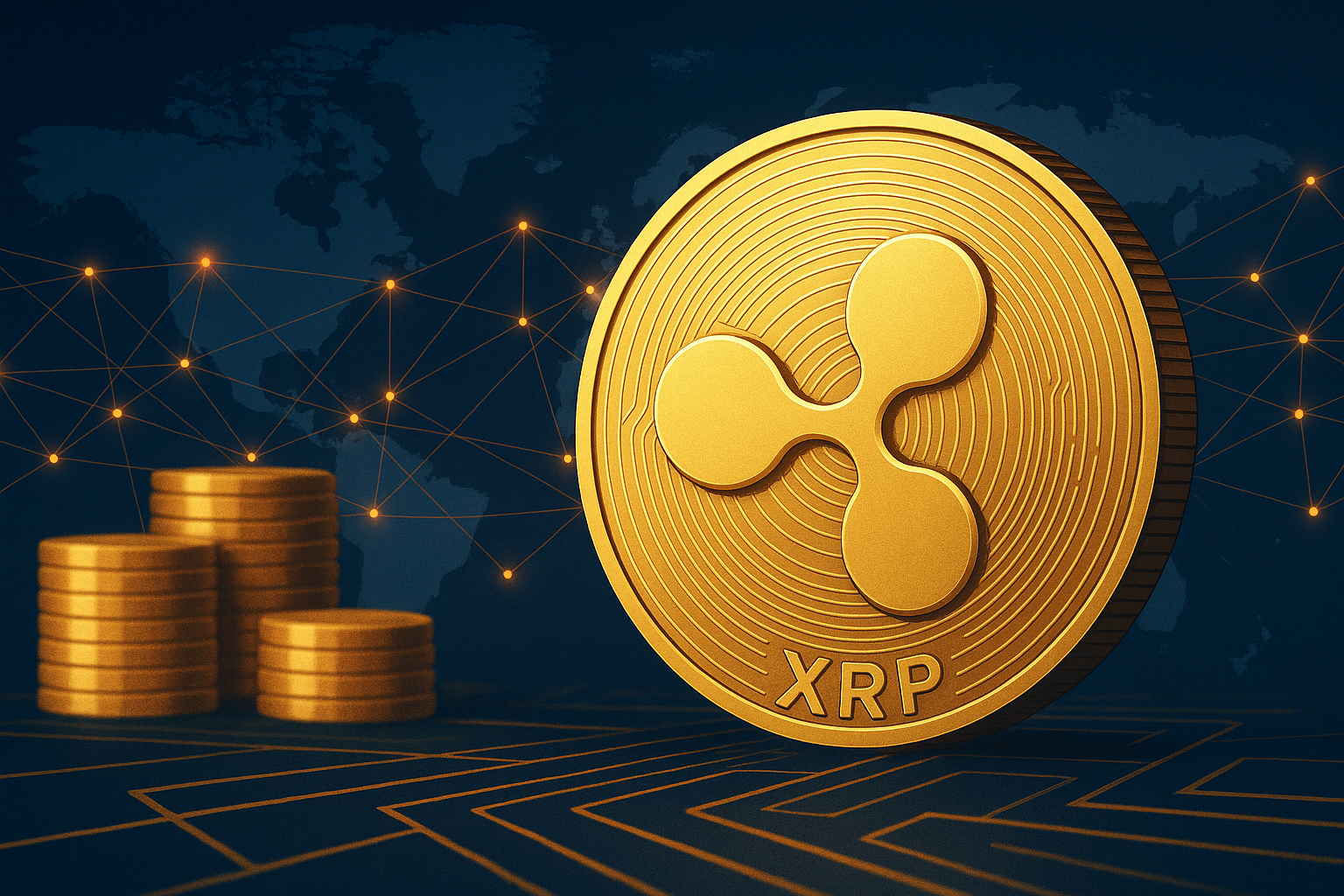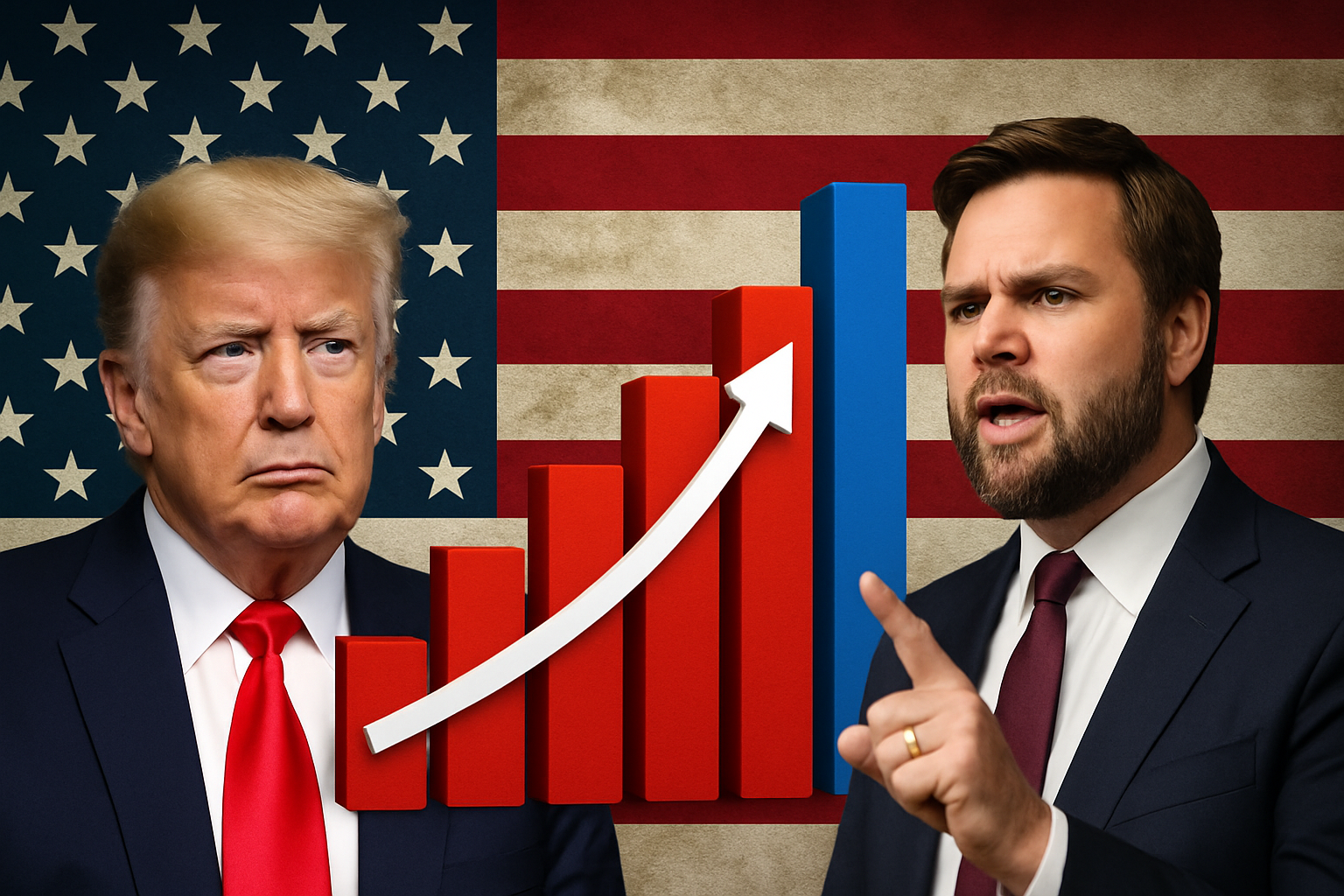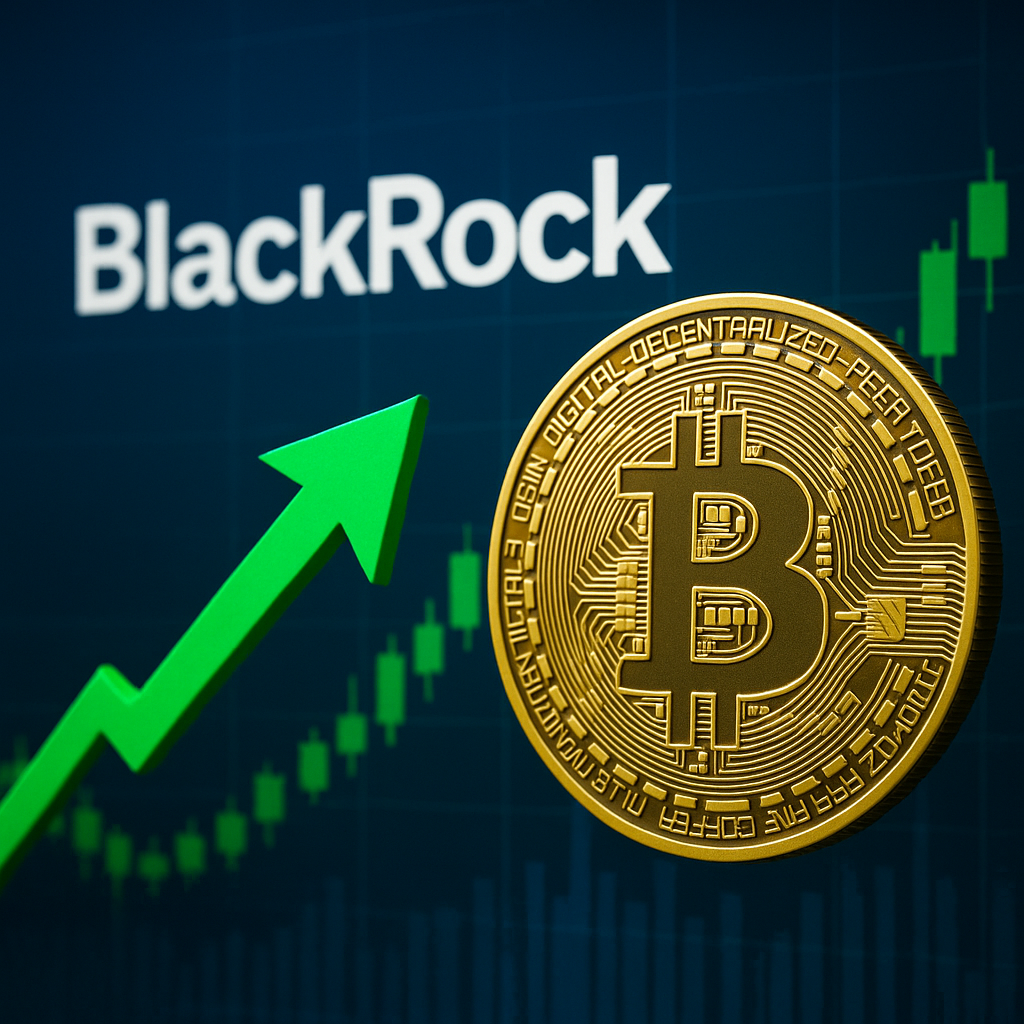In a significant development for the XRP ecosystem, Webus International has announced the launch of a $300 million XRP Integration Fund aimed at revolutionizing international mobility services. This strategic initiative underscores the company’s commitment to leveraging blockchain technology, specifically XRP, to streamline cross-border payments and enhance global travel infrastructure.
To achieve this, Webus plans to integrate XRP into its operations, enabling faster and more cost-effective transactions. The goal is to lay the groundwork for a more efficient and connected global transport network.
- Claim Your OKX Sign Up Bonus Today and Start Trading with an Edge!
Webus International Taps $300M XRP Fund to Modernize Global Mobility Services
Furthermore, Webus International has unveiled plans to raise $300 million through a mix of non-equity financing options, including bank loans, institutional credit lines, and shareholder guarantees. The capital will fund the creation of an XRP reserve designed to power seamless global payment solutions across the company’s chauffeur and international mobility network.
According to the latest XRP-focused announcement, the initiative reflects Webus CEO Nan Zheng’s broader vision of building a blockchain-powered infrastructure that eliminates common inefficiencies in cross-border transactions, particularly high fees and processing delays.
In particular, the fund will support the development of several key innovations, including digital wallets, Web3-based loyalty tokens, and an on-chain booking system. All of these features will operate on the XRP Ledger, reinforcing the company’s commitment to integrating decentralized finance into real-world services.
Moreover, this move is part of a larger transformation strategy aimed at upgrading Webus’s offerings for international travelers. It also strengthens the company’s renewed partnership with Tongcheng Travel Holdings, a major Chinese online travel platform. Together, the two firms plan to deliver integrated mobility services, ranging from local ride-hailing within Chinese cities to frictionless, low-cost payments for cross-border travel.
XRP Gains Momentum as Public Companies Adopt Blockchain for Treasury Reserves
Meanwhile, XRP is increasingly finding a place in corporate reserve strategies, with Webus International being just one of several companies embracing the digital asset. Nasdaq-listed VivoPower has also stepped into the spotlight by launching what it claims is the first XRP-centric treasury initiative.
Recently, the company raised $121 million through a private offering, with 20 million shares sold at $6.05 each. The fundraising effort was led by His Royal Highness Prince Abdulaziz bin Turki Abdulaziz Al Saud, who played a key role in securing the capital for the initiative.
VivoPower plans to allocate the funds toward building a substantial XRP reserve, positioning the asset as a central pillar in its shift toward decentralized finance infrastructure. Additionally, company representatives have hinted that the move aligns with what they anticipate will be forthcoming regulatory guidance and strategic support for digital assets from the U.S. government.
Taken together, this growing interest in XRP by publicly traded firms signals a broader trend: the integration of blockchain-based assets into traditional corporate finance models, serving as a hedge against inefficiencies in conventional financial systems.
XRP Sees Uptick as RLUSD Stablecoin Gains Institutional Momentum
At the time of reporting, XRP traded at $2.27, reflecting a modest 0.42% increase. Amid this, market speculation continues to build around the possibility that Trump Media could incorporate XRP into its proposed $2.5 billion Bitcoin strategy—an announcement analysts believe could spark a significant bull run.
Simultaneously, the Ripple USD (RLUSD) stablecoin, developed in association with Ripple Labs, is gaining traction within the decentralized finance ecosystem.
Recently, Euler Finance integrated RLUSD into its DeFi platform, enabling users to lend, borrow, and transact with the stablecoin. This integration aligns with Euler’s mission to expand access to stable digital assets across its network.
In addition, RLUSD has been listed on several major financial platforms, including Gemini, Revolut, and Zero Hash—marking a key step toward broader institutional adoption.
Collectively, these developments underscore a growing level of trust in Ripple-associated products, signaling a net-positive impact not only for RLUSD but also for XRP and the broader Ripple ecosystem.






